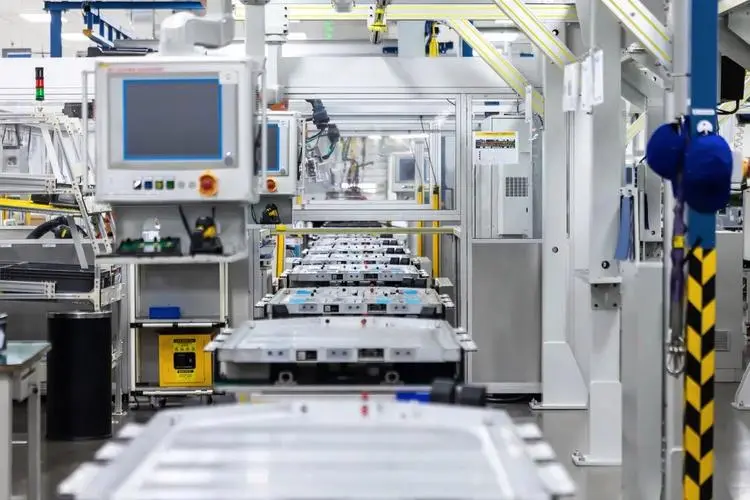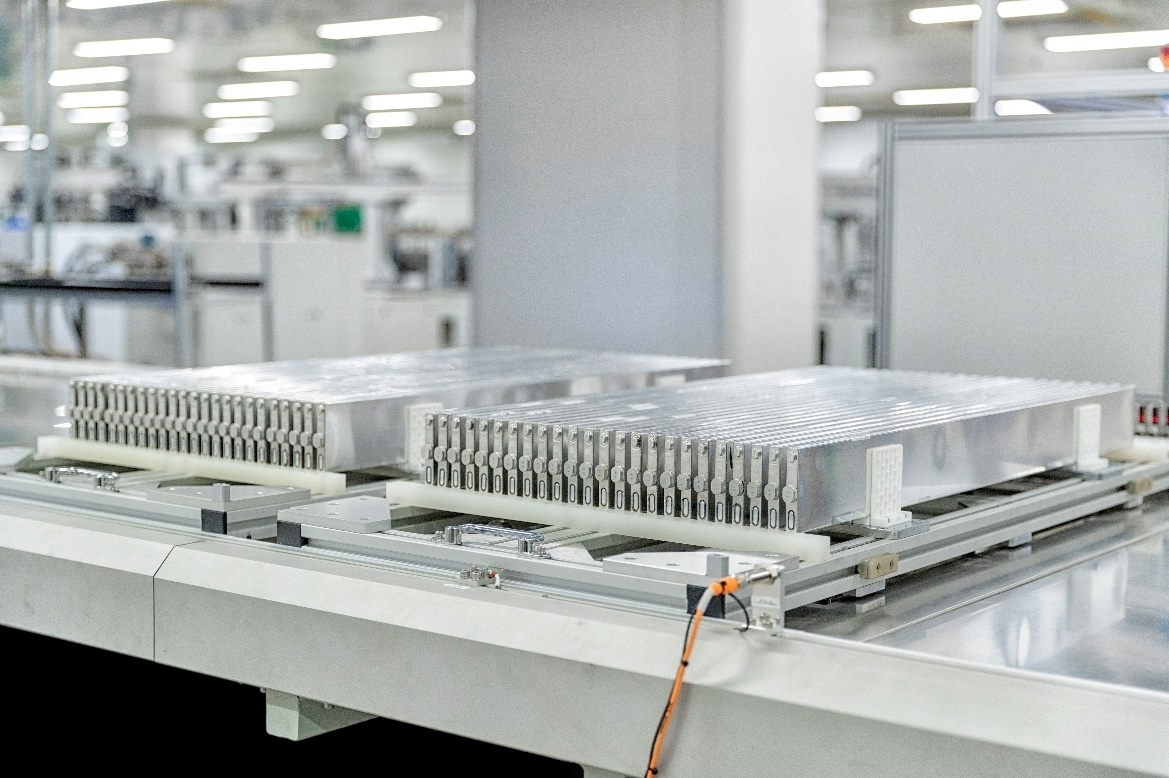
The power battery sector is the main focus of the new energy vehicle industry, with CATL and BYD dominating most part of the domestic market share. As competition intensifies, smaller companies are struggling to survive.
Currently, the domestic power battery industry is undergoing a new round of elimination, with technological advancements and the emergence of new players accelerating competition. Meanwhile, overseas new energy markets have become a breakthrough for power battery companies. This year, domestic battery manufacturers have significantly accelerated their expansion into international business. Second and third-tier power battery companies also aim to seize opportunities in overseas markets to break through the current situation.
The top battery companies remain stable
From January to April this year, the cumulative installed capacity of power batteries reached 120.6 GWh, a YoY increase of 32.5%. CATL and BYD are leading enterprises among the top 15 power battery companies, accounting for 70.78% of the market share. CALB ranks third with an installed capacity of 6.41%, highlighting the trend of strong players strengthening.

 PHOTO CREDIT:CATL
PHOTO CREDIT:CATL
The power batteries in automotive products have become a key selling point for car marketing, according to industry insiders. Second and third-tier companies face limited opportunities domestically due to the significant investments made by leading companies in research and development, resulting in a growing technological gap. Morgan Stanley’s analysis suggests that factors like price wars in the Chinese market may accelerate capacity integration and survival of the fittest for second-tier battery manufacturers.
The market share of power batteries depends on the sales volume of new energy vehicles. CATL has always been a leader and preferred by many consumers. BYD benefits from its soaring sales, allowing its supporting batteries to quickly gain market share. Experts say that if Great Wall Motors' new energy products achieve rapid breakthroughs in sales, there is a chance for SVOLT to make a breakthrough as well.
Second and third-tier companies start to doing business overseas
Amid the global trend of electrification, power battery companies are expanding their production capacity overseas. Multiple European countries and the United States compete to attract investment in the power battery industry. Due to the proximity advantage of automotive production, Chinese power battery companies have started "extending overseas" by collaborating with international automakers in Europe, Southeast Asia, and other regions.
This could also be a new development direction for second and third-tier power battery companies. Previously, CATL, EVE battery, and SVOLT collectively received 160GWh orders from BMW; CALB reached a battery supply cooperation agreement with France's Forsee Group; SVOLT obtained nearly 5.48GWh PACK battery pack orders from Stellantis.

 PHOTO CREDIT:BYD
PHOTO CREDIT:BYD
According to the data, by the end of 2023, more than ten Chinese power battery companies will have established overseas manufacturing bases with a planned capacity exceeding 500GWh. Additionally, over twenty lithium battery material companies are setting up factories abroad, covering key materials and structural components of lithium batteries.
However, industry experts have told Car Research that second and third-tier battery companies will find it increasingly difficult to catch up with leading enterprises in the domestic or international market if they only offer similar products. Nevertheless, overseas markets could provide an opportunity for these companies to differentiate themselves through technology or other advantages, which is crucial for their successful expansion.
Furthermore, battery companies expanding into international markets should also take note of the declining electric vehicle demand in significant automotive markets like Europe and America, which leads to shifts in battery requirements.
The person mentioned above stated that in the long term, this stage is necessary and a process of survival of the fittest, with the winners gaining stronger competitiveness. He particularly advises companies expanding overseas to thoroughly research compliance as different regulatory scopes directly impact enterprises, resulting in increased costs for testing and labor.
Offshore companies are facing these challenges. An employee from a battery company operating in Asian and European markets informed Car Research that the compliance threshold for expanding overseas is rising. For example, we now need to conduct due diligence on our supply chain, including electrolyte additive suppliers. The employee also mentioned that comprehensive recycling or lifecycle management plans must be submitted in advance.
Some companies believe that clear regulations for enterprises to reserve talent for long-term development may not necessarily be a barrier. This company, which has already invested in building factories in Finland, benefited from thorough preparation and successfully passed the relevant audits and hearings of the target country. In terms of technology roadmap, solid-state battery technology is also worth continuous attention alongside liquid electrolyte lithium batteries. Currently, various technological routes such as all-solid-state batteries and semi-solid-state batteries are flourishing in the power battery market, providing opportunities for second- and third-tier companies as well. However, solid-state batteries, especially all-solid-state batteries, still have relatively high costs compared to existing mature products; at the same time, yield rates need further improvement and supply chains need to mature. Manufacturers in the second- and third-tier industries generally hope to achieve market breakthroughs through technological and commercial differentiation but it should not be ignored that these new directions are also full of challenges.
Translator:Wei Xiong

 Room 1104,Block B,JingBan Building,6 Middle Beisanhuan Road,Xicheng District,Beijing
Room 1104,Block B,JingBan Building,6 Middle Beisanhuan Road,Xicheng District,Beijing
 (8610)62383600
(8610)62383600
 quanqixiang@carresearch.cn
quanqixiang@carresearch.cn
 京公网安备:11010202007638号|京ICP备17032593号-2|Report illegal and bad information:010-65993545-8019 jubao@carresearch.com
京公网安备:11010202007638号|京ICP备17032593号-2|Report illegal and bad information:010-65993545-8019 jubao@carresearch.com
Legal support:Beijing Yingke Law Firm|All rights reserved, DO NOT reproduce without permission